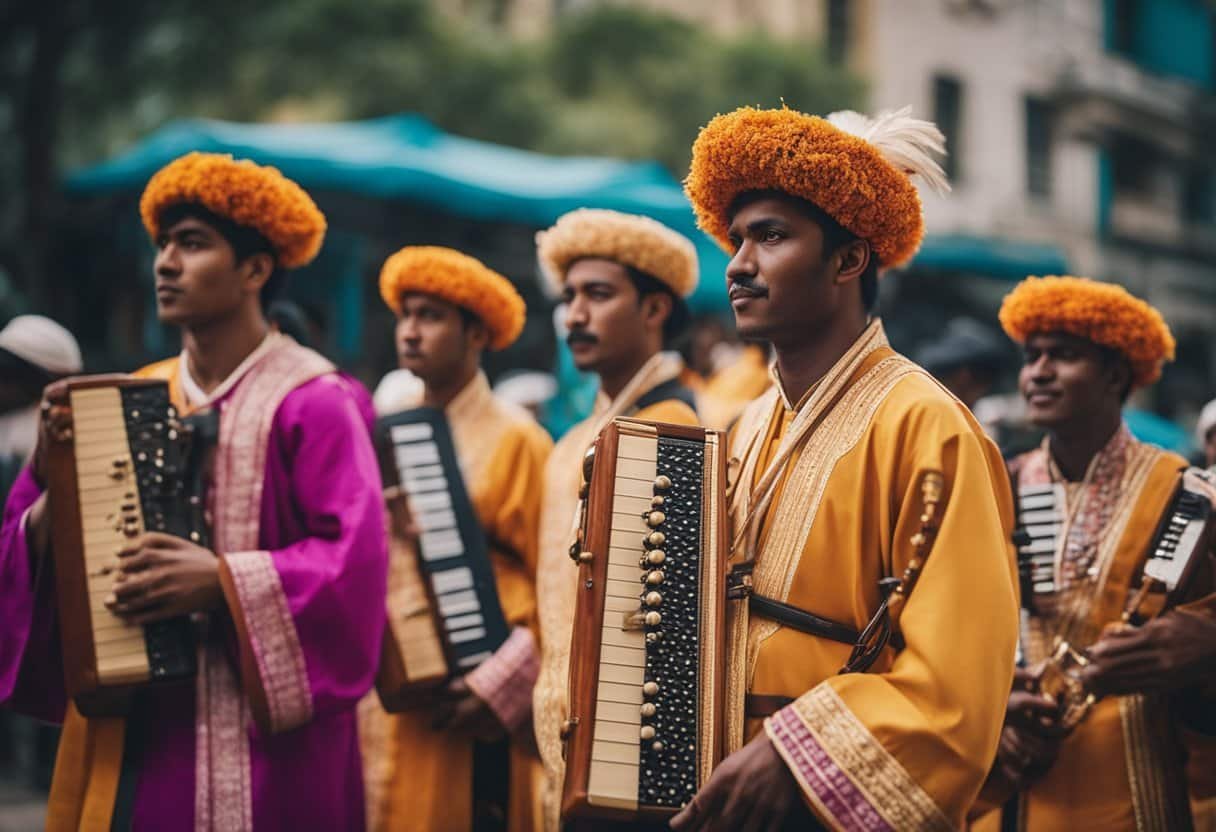The Role of Music in Cultural Identity and Tradition
Music serves as a powerful medium for expressing and preserving cultural identity. It weaves together the narratives of a community, capturing their shared experiences and values. Through various genres, music reflects historical contexts and emotional landscapes. As communities engage with their musical heritage, they not only honor their past but also adapt and evolve their traditions. This dynamic interplay raises questions about the future of cultural expression and the role music will play in shaping it.
The Connection Between Music and Cultural Heritage
While music often serves as a universal language, its roots are deeply intertwined with cultural heritage, reflecting the values, traditions, and histories of distinct communities.
This connection showcases the cultural evolution inherent in musical diversity, as various genres emerge to express unique identities.
Each note and rhythm encapsulates stories of resilience, celebration, and transformation, illustrating how music shapes and preserves the essence of cultural legacies.
See also: Tips for Learning to Play a Musical Instrument Fast
Music as a Tool for Storytelling and Expression
Music serves as a powerful medium for storytelling and expression, transcending language barriers to convey complex narratives and emotions.
Through lyrical narratives, artists encapsulate experiences, weaving tales that resonate deeply with listeners. This emotional resonance fosters a profound connection, allowing individuals to explore their identities and share their truths.
Thus, music becomes an essential tool for expressing the human condition across diverse cultures.
The Impact of Music on Community and Social Bonds
As communities gather to celebrate shared traditions, the role of music becomes a unifying force that strengthens social bonds and fosters a sense of belonging.
Through community involvement and musical collaboration, individuals connect on deeper levels, sharing experiences and emotions.
This collective engagement not only enhances cultural identity but also nurtures relationships, creating a vibrant tapestry of interactions that enriches the social fabric of the community.
Preserving Traditions Through Musical Practices
Although many aspects of culture evolve over time, musical practices serve as vital instruments for preserving traditions within diverse communities.
Folk instruments, with their unique sounds, embody ancestral heritage, while rhythmic patterns echo historical narratives. These practices not only foster a sense of belonging but also empower individuals to express their identity, ensuring that cultural legacies endure amidst an ever-changing world.
Conclusion
In essence, music serves as the heartbeat of cultural identity, echoing the rich tapestry of traditions and values that define communities. It acts as a bridge, connecting generations and fostering unity through shared experiences. As communities strive to preserve their heritage, music remains a steadfast ally, ensuring that the past is not forgotten. Ultimately, when it comes to cultural expression, music truly is the thread that weaves together the fabric of society, uniting people in harmony.



